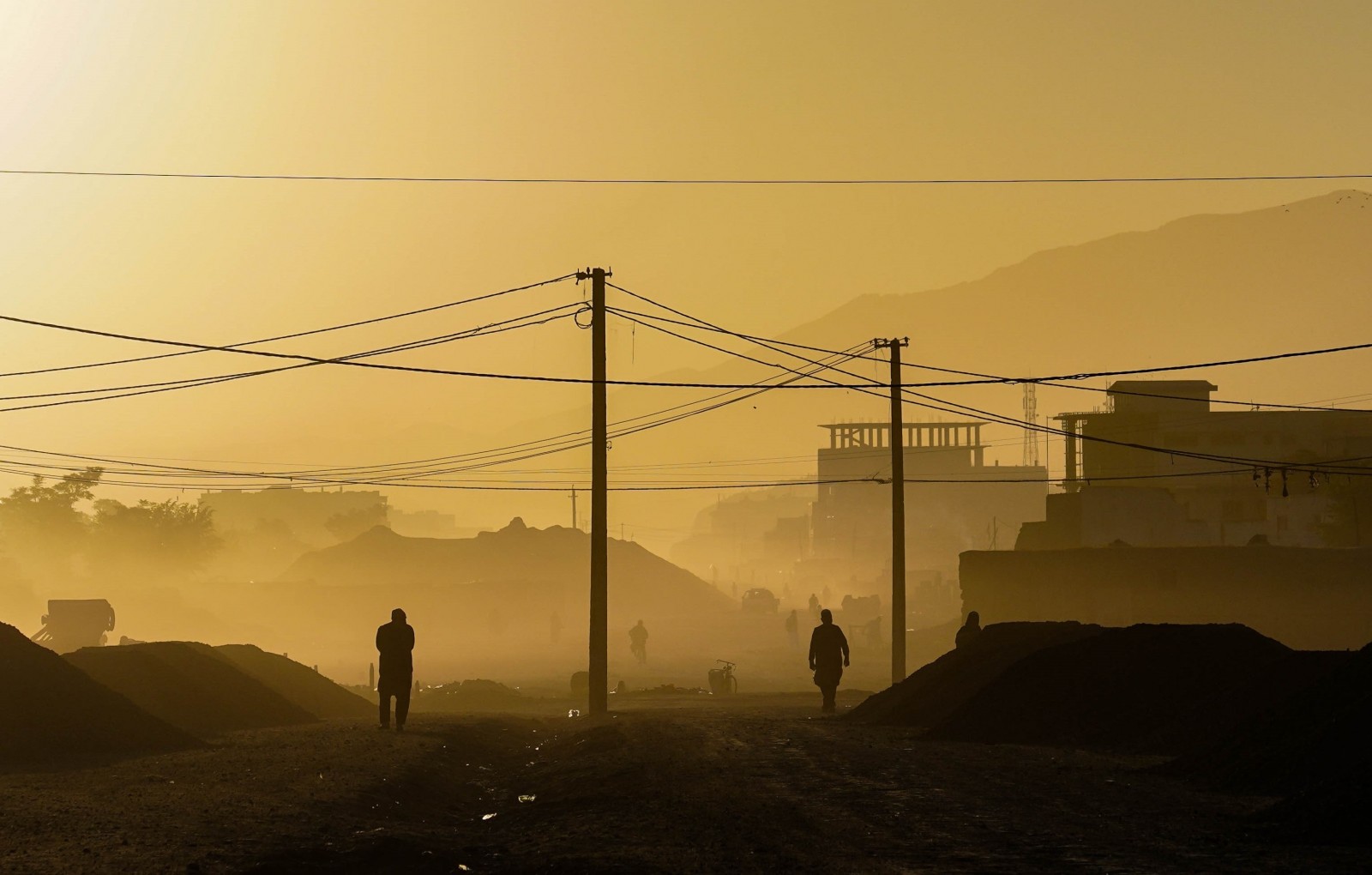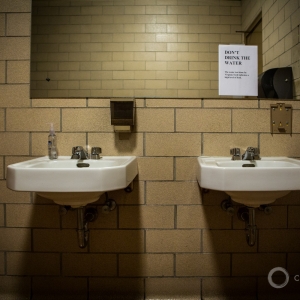Drought, a financial crisis, and political collapse are accelerating the country’s decline into all-out famine.

Almost two-thirds of the country’s population is facing acute hunger. Photo © Mohammed Rahmani / Unsplash.
- Afghanistan has been facing a drought-induced hunger crisis since last year. This summer’s political upheaval has kneecapped response efforts, pushing the country into famine.
- It’s an emergency of staggering magnitude. Humanitarian groups estimate that one million children are at risk of starvation. In total, 19 million Afghans are facing acute hunger.
- Western institutions’ attempts to financially strangle the new Taliban government have created an extreme cash shortage in the country, further compromising relief efforts and leaving many Afghans struggling to purchase food.
By Laura Gersony, Circle of Blue — November 15, 2021
Well before Afghanistan’s political upheaval this summer, drought was pushing the country to the brink of a food crisis. Now, a whirlwind of risk factors have accelerated the decline into an all-out famine.
Drought alone would have provoked a catastrophe, international authorities say. Afghanistan has not seen normal levels of rain since October 2020, with officials estimating this summer that over 80 percent of the country was experiencing serious drought.
The political upheaval that followed—sparked by the U.S. government’s decision to end a 20-year military occupation, and the Taliban’s subsequent rise to power—kneecapped response efforts. As international aid evaporated, the social safety nets, which for so long provided basic services in the country, such as food, shelter, and health care, all but collapsed.
The devastation is mounting. Last month, the World Food Program and the U.N. Children’s Fund warned that absent immediate treatment, one million children risked dying from malnutrition. In total, almost two-thirds of the country’s population faces acute hunger.
“This winter, millions of Afghans will be forced to choose between migration and starvation unless we can step up our life-saving assistance, and unless the economy can be resuscitated,” said David Beasley, executive director of the World Food Program, in a press release.
The Taliban’s rise to power created a new landscape for humanitarian aid groups. While they have been allowed into most parts of the country, they are hindered by new rules, such as the government’s restrictions on women aid workers in certain regions. WFP officials have said that current funding is a “drop in the ocean” to meet the food and nutrition needs in the struggling country. Doing so may require upwards of $200 million per month.
“There is a very real risk of catastrophe if we don’t see a massive uplift in humanitarian assistance in the coming weeks and months and into next year,” said Richard Trenchard, Kabul representative of the U.N. Food and Agriculture Organization. “For millions of Afghan men, women and children there is no Plan B.”
Trenchard said that without external assistance the number of people in Afghanistan who do not get enough calories each day could rise from 19 million today to nearly 23 million by the end of the year.
The shortage of funds is due in no small part to an ongoing domestic financial crisis. Attempting to gain leverage over the new Taliban government, the World Bank, International Monetary Fund, and U.S. central bank have strangled Afghanistan’s access to international funds, stranding billions of dollars in the country’s national reserves. Millions of Afghans have not received a salary in months, and aid groups which relied on funding through the country’s Health Ministry found themselves empty-handed.
The resulting liquidity crunch has left Afghans selling their possessions in the streets, in dire need of cash to buy food. Speaking with the Guardian, Setara Amiri, a resident of Kabul, said that her family used to get by. But no longer.
“Each morning I wake up, I worry that we won’t have food at night. I’m begging [in the streets] so my children won’t starve,” she said.
Taken together, Beasley told the BBC, the situation amounts to one of the world’s worst humanitarian crises, if not the worst. “We are on a countdown to catastrophe.”
Laura Gersony covers water policy, infrastructure, and energy for Circle of Blue. She also writes FRESH, Circle of Blue’s biweekly digest of Great Lakes policy news, and HotSpots H2O, a monthly column about the regions and populations most at-risk for water-related hazards and conflict. She is an Environmental Studies and Political Science major at the University of Chicago and an avid Lake Michigan swimmer.




